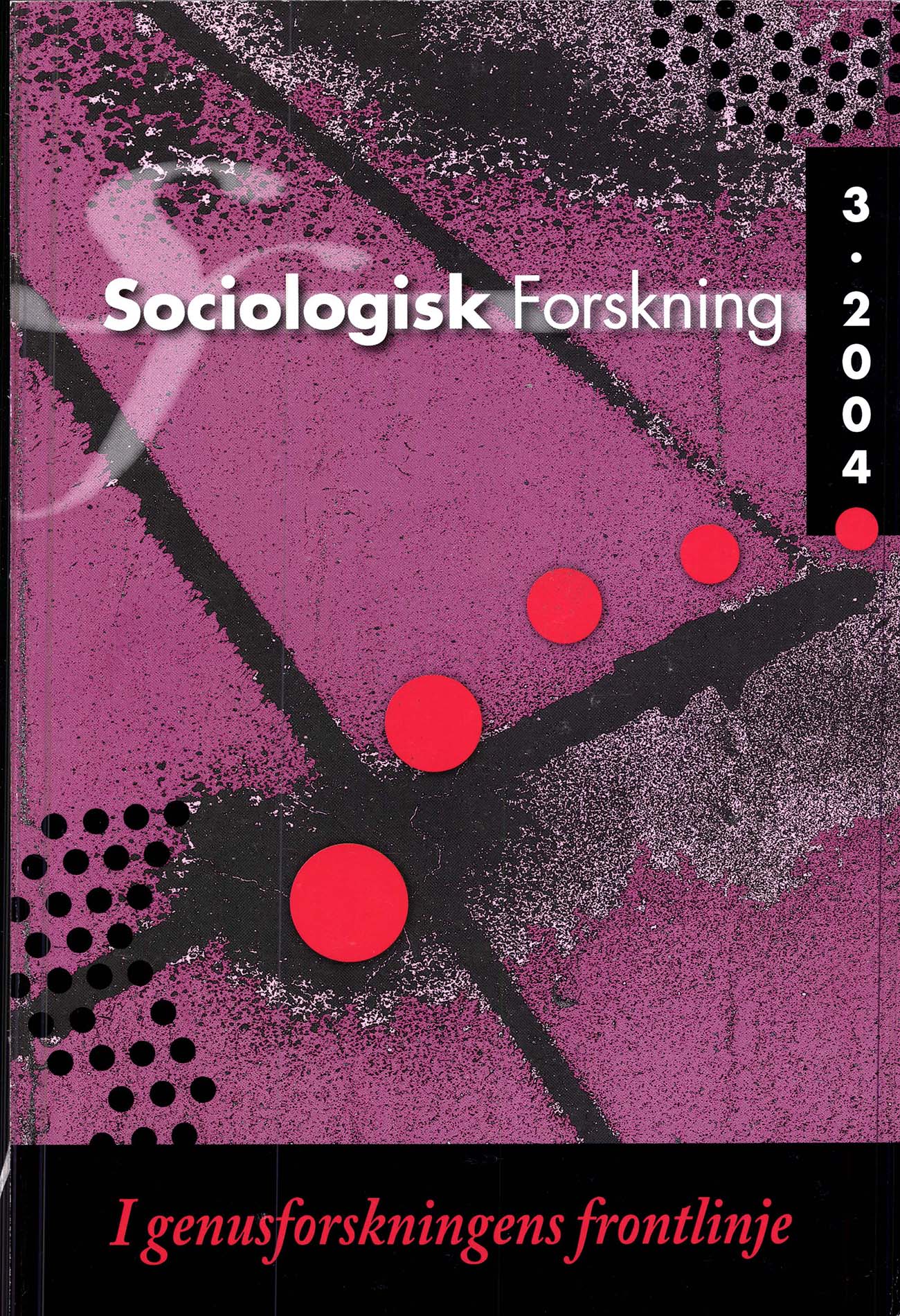Livfas eller generation?
Ungas attityder till välfärdsstatliga utgifter
DOI:
https://doi.org/10.37062/sf.41.19379Nyckelord:
youth, attitudes, welfare state, individualization, generationAbstract
Young people’s attitudes towards the Swedish welfare state’s expenditures are scrutinized in this study. Data from Statistics Sweden Survey of Living Conditions was used and a total of 5732 respondents aged 19 to 65, out of which 1106 were aged 19-30 years old, answered questions regarding what expenditures they considered should increase or decrease. The results show that there is self-interest in attitudes to the distribution of expenditures and substantial age-differences. Young people were more positive concerning expenditures towards the support argued important for establishment. Actual monetary transfer was not distinguishing between ages, therefore the situation of real or potential risk-exposure characteristic for youth was argued what was explaining the age-difference in attitudes. The results support the life-phase effect rather than the generation effect — individualizations achievement orientation — in the distribution of attitudes towards the Swedish welfare states expenditures.
Downloads
Publicerad
Referera så här
Nummer
Sektion
Licens
Allt material i Sociologisk Forskning publiceras med omedelbar öppen tillgång (open access), under Creative Commons-licensen CC BY-NC-ND 4.0.
Allt innehåll i tidskriften är fritt tillgängligt utan kostnad och får för icke-kommersiella syften fritt läsas, laddas ned, kopieras, delas, skrivas ut och länkas. Innehållet får dock inte ändras. När innehållet används måste författare och källa anges. Upphovsrätten till innehållet tillhör respektive författare. Inga publiceringsavgifter tas ut.





